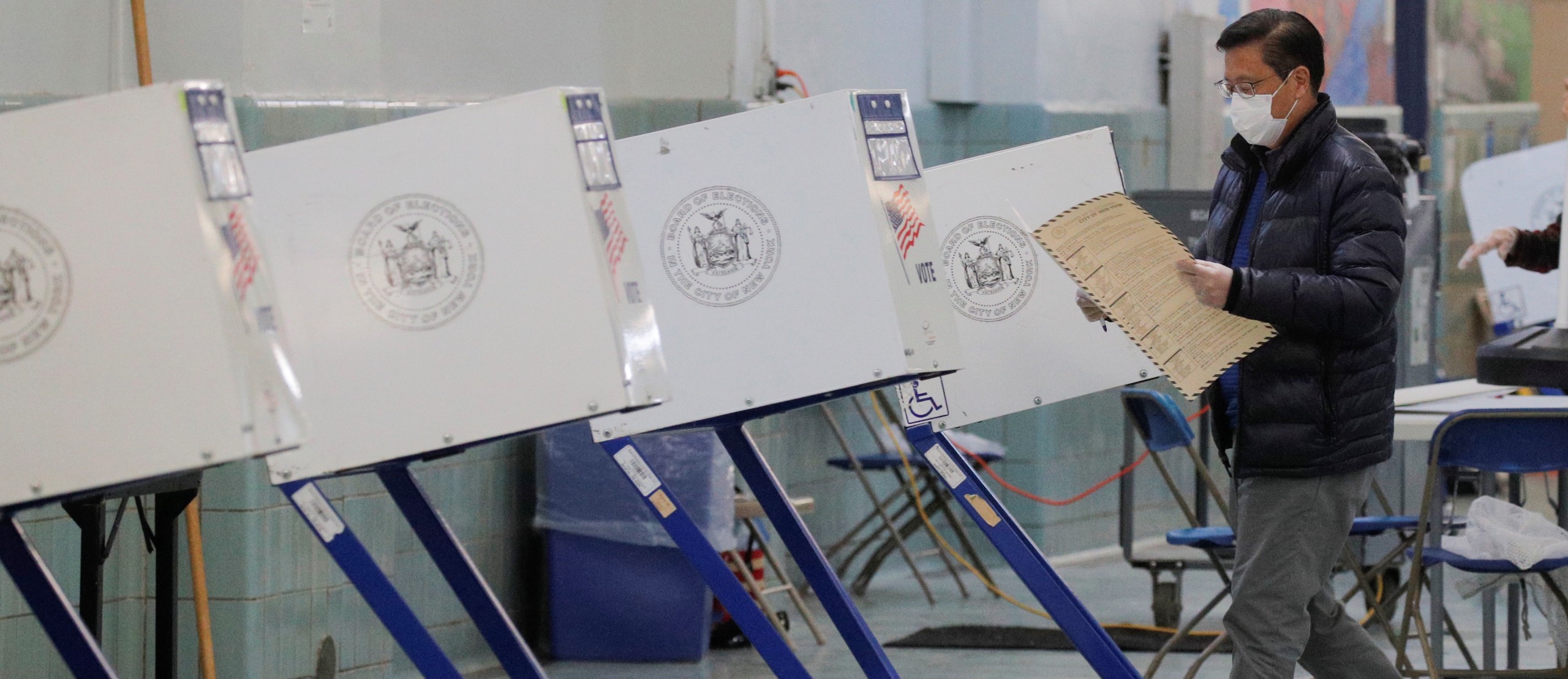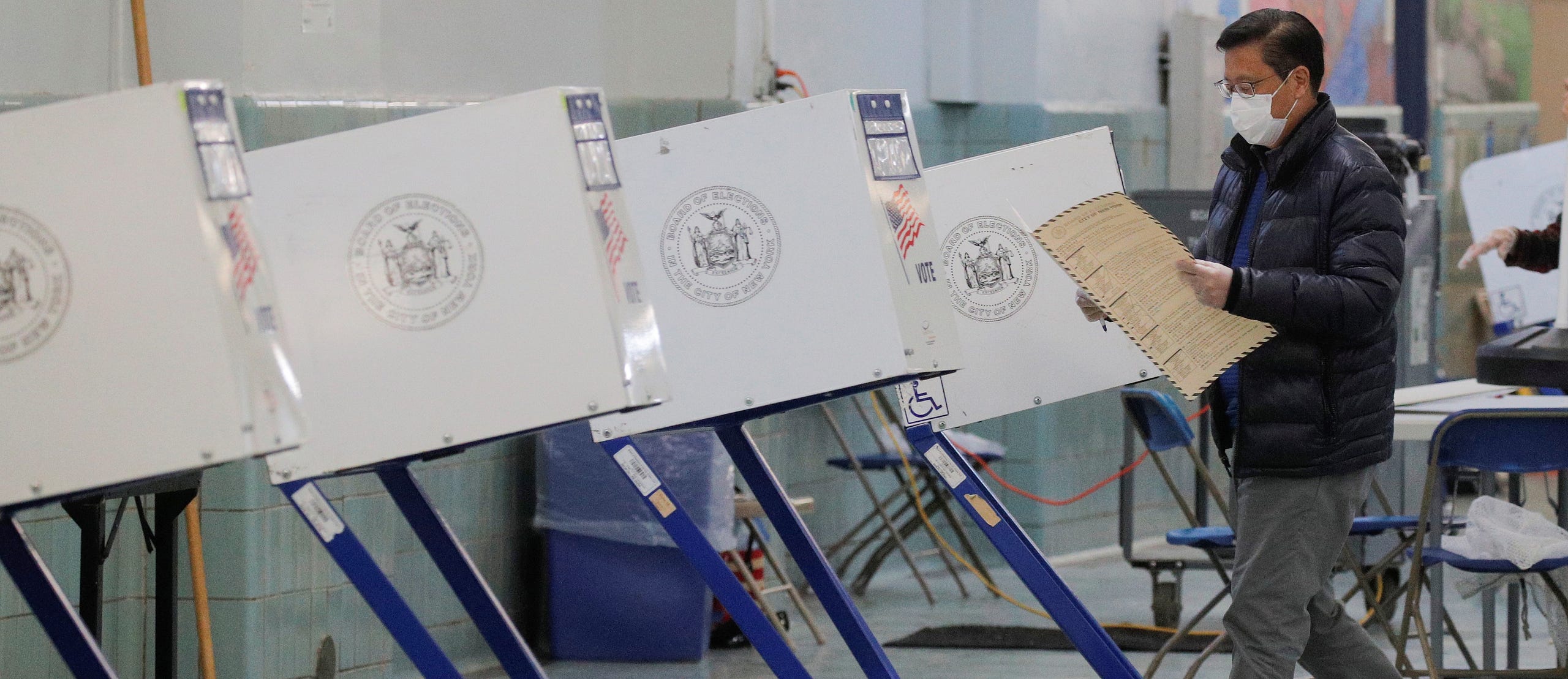DFRLab working with partners to combat election disinformation in real-time
The Atlantic Council’s DFRLab is deeply committed to doing our part to protect the integrity of the 2020 U.S. presidential election.
DFRLab working with partners to combat election disinformation in real-time

The Atlantic Council’s DFRLab is deeply committed to doing our part to protect the integrity of the 2020 U.S. presidential election

Elections are a consistent inflection point for information’s role in free and open societies. They are the process in which people come together, engage, and decide their future. The DFRLab’s mission is to promote objective truth as a foundation of government for and by people and protect democratic institutions and norms from those who would seek to undermine them in the digital engagement space.
In the spirit of the Atlantic Council’s nonpartisan ethos of working together to shape a global future, the DFRLab is working with partners to protect the election’s integrity, inform voters, and keep Americans safe.
The DFRLab is conducting 24/7 monitoring with the Election Integrity Partnership, which is a coalition of research premier research teams focused on supporting real-time monitoring and information exchange between the research community, election officials, government agencies, civil society organizations, and social media platforms. We’re proud to work in the Partnership with colleagues at the Stanford Internet Observatory, Graphika, and the University of Washington Center for an Informed Public to detect and mitigate the impact of election and voting related misinformation.
· For updates: EIP’s election day live blog.
· Join us: EIP’s live briefing at 7:30pm EST.
· For reference: EIP’s Election Official Handbook.
DFRLab, in partnership with Georgetown Law’s Institute for Constitutional Advocacy and Protection (ICAP), is monitoring the movements of domestic terror and extremist groups in relation to election-related events. Such groups rely heavily on digital infrastructure to expand their ideology and tactical capability, and groups have increased activity ahead of U.S. elections.
· For updates: follow Georgetown ICAP on Twitter.
· From DFRLab: What to expect from armed extremist groups on election day.
· For reference: ICAP fact sheets on unlawful militias in all 50 states.
Finally, the DFRLab continues to update the Foreign Interference Attribution Tracker (FIAT) in near real time. FIAT is the only independent ratings system to assess the credibility, bias, evidence, transparency, and impact of each claim of foreign interference directed at the U.S. election. Currently, the dataset contains 82 allegations of foreign interference originating from 18 nations. This open-source data visualization tool is regularly updated with new allegations.
· For updates: follow DFRLab on Twitter.
· For reference: interference2020.org.
Working together, we’re committed to expert, nonpartisan analysis and building resilience against disinformation — and other online harms — in the 2020 US presidential election.
Questions can be directed to DFRLab@atlanticcouncil.org.
Follow along for more in-depth analysis from our #DigitalSherlocks.

